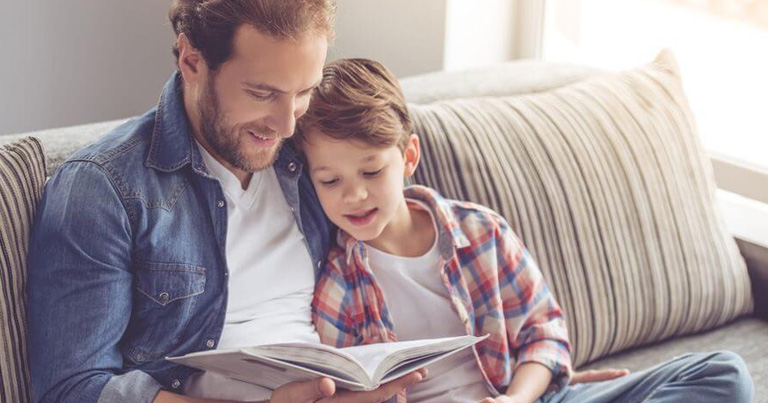This article was created in conjunction with a team of talented, humane, compassionate therapists with whom I have been fortunate to work for several years now.
We are all specialists in couples, some of us also work in parenting, others in trauma, dbt, anxiety, family, etc. Thank you Cecilia Gelfi, Sebastian Mosquera, Paula Azrilevich, Ana Martinez Bieule, Fiorella Ingrassia and Paola Manfredi for sharing this initiative with so much love. And other special thanks to my dear friend Florencia Basaldua.
We are all in the same boat, we are all in the same soup, this situation does not distinguish between classes or ages, and many more of those.
I can understand that all these statements ring true and I can also understand why some people repeat them. Waking up suddenly to this idea or feeling is a humbling experience to the last pore, and for some people, this is the first time they have felt this way.
But we're not all in the same part of the boat and we're not all making this journey in the same way. Our life was not in the same places when this came, nor will it be in the same places when this is gone. Being the housekeeper hiding in the trunk of the car is one life, being the emergency doctor is another life, being me is another life, being you is another life. And I do not say it this way to compare or overcome regrets or stress. Simply, I say it from the site of recognizing the diversity of lives that exist within the same boat.
And listening with our team to our consultants, seeing the effect and impact that confinement has, the compulsory coexistence and the global sensation of alarm in the relationships of couples and parents and children, we had the idea in our last meeting to put together a small list of very basic notions and very simple ideas aimed at the bonds of a couple and of parents and children, which may come in handy for some family. I apologize, it is a bit long, I hope that in addition to being long it will be useful.
The first thing we think about is how to reduce the negative impact that this situation can have on a relationship. Dr Gottman's research shows that to improve the quality of a bond it is not as relevant to decrease negativity as it is to increase positivity. To understand this idea, it helps to imagine a relationship as if it were a checking account in a bank. Dr Gottman calls it The Emotional Bank Account. Each interaction with the other can be a deposit, a balance inquiry or a withdrawal. For the relationship not to have "financial" problems, the ratio of positive to negative exchanges should be close to 20 to 1. Such a number seems unattainable, but just think that looking away from your cell phone and looking into the eyes of someone who is talking to me Add money to the account. Being kind, polite, courteous, asking please, saying thank you, offering what one is serving, touching, joking, sharing, caressing. If you want more information or more ideas or inspiration to add money to the account, in a separate post we are going to put some of the exercises that we give to our couples in treatment.
The second thing we think is that it is not a good idea to take advantage of the confinement to resolve some conflict issues that are going around in the family or in the relationship. The reason is quite simple: conflict conversations can be understood by our brains as a context of threat, due to both the intensity of the conversation and the topic being discussed. When our brain assesses that there is a threat outside, it tends to always respond in the same way, it orders the production of stress hormones, mainly adrenaline and cortisol, and predisposes us to fight or flight behaviors. The reality is that right now our brain is already understanding that there is a threat in the environment, so we are already very close to the reaction threshold that triggers the fight or flight behavior without having to discuss anything with anyone. If, in addition to that, I add the ingredient that there is nowhere to run and clearly I cannot fight with my partner...
If you happen to get into an argument anyway, try to observe your body and your emotions. Do you feel an increase in heart rate? Do you hear yourself countering what the other says as if you were trial attorneys on appeal? Do you think that the other is completely wrong and that you are right? If the answer to any of these questions is yes, then stop the conversation even if it's in the middle of a sentence. Get as far away as you can, in the bathroom, on the balcony, for at least 20 minutes during which you can't be thinking about the fight or reviewing what happened, and after that time make a note on a piece of paper or on your cell phone reminding themselves what they would like to talk about with their partner when this is all over but do not resume the conversation.
And mend. Apologize, lower your voice, make peace, forgive, ask the other to apologize, accept truces, be compassionate, there is no precedent in all of human history for what we are experiencing, survive, this is going to end but our lives will go on, we hope, with as few bruises as possible.
Lic. Laura Vázquez



